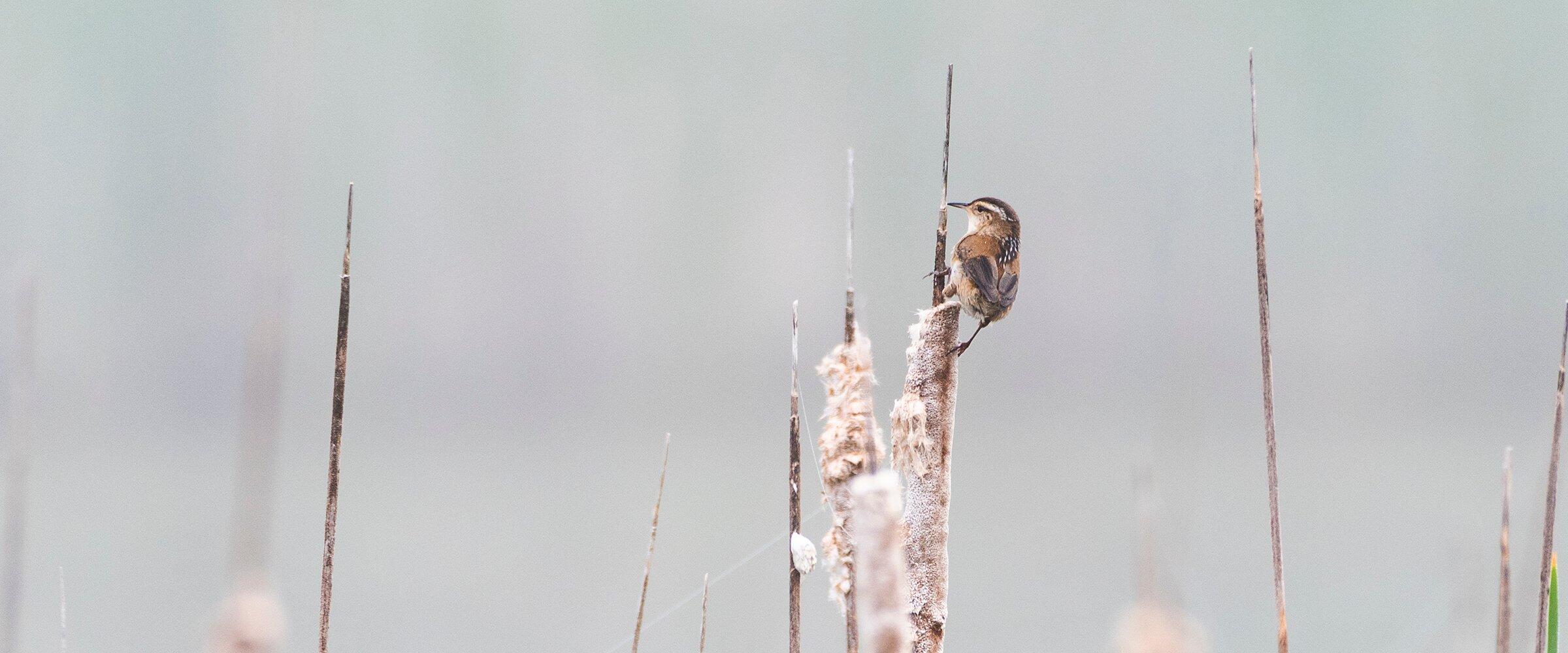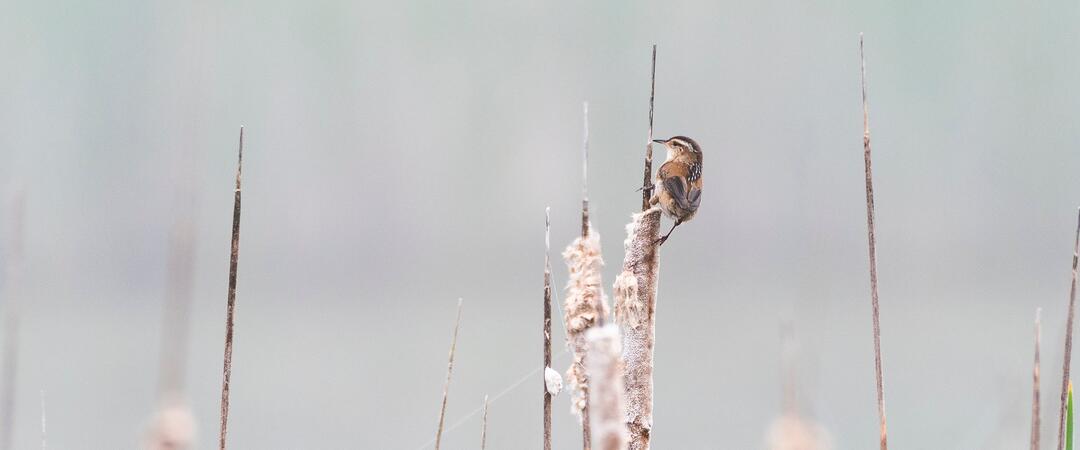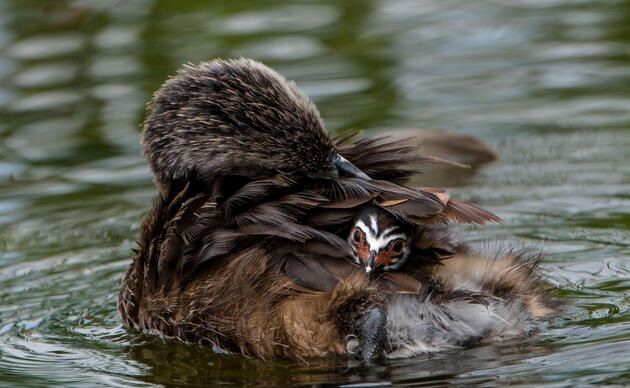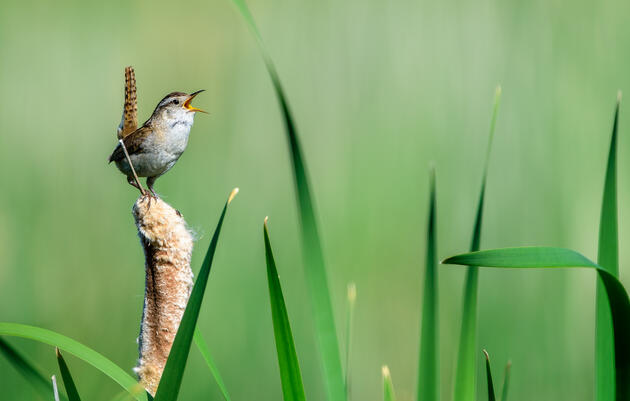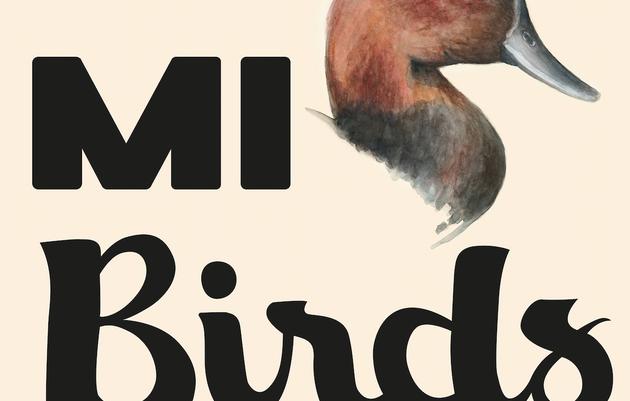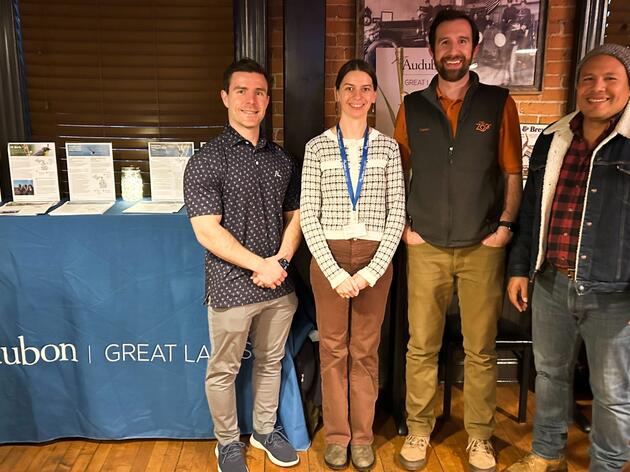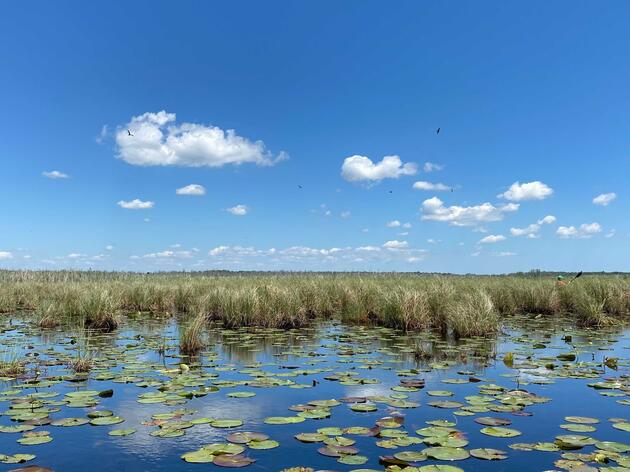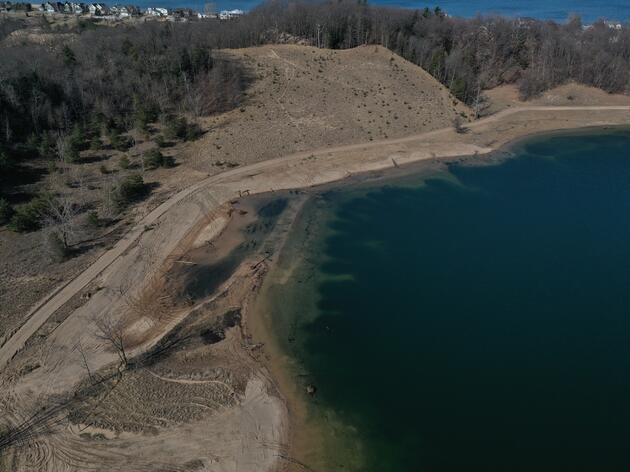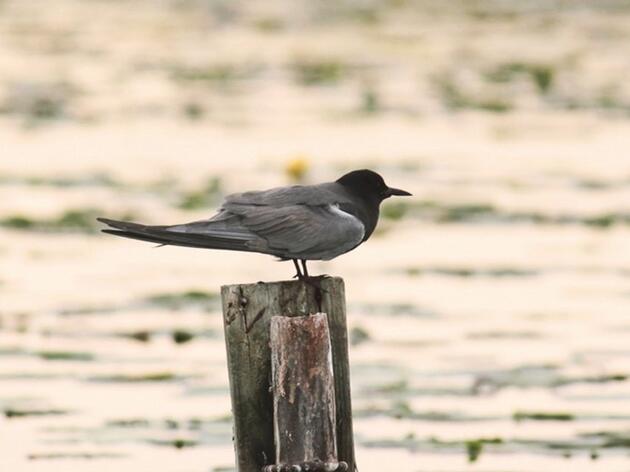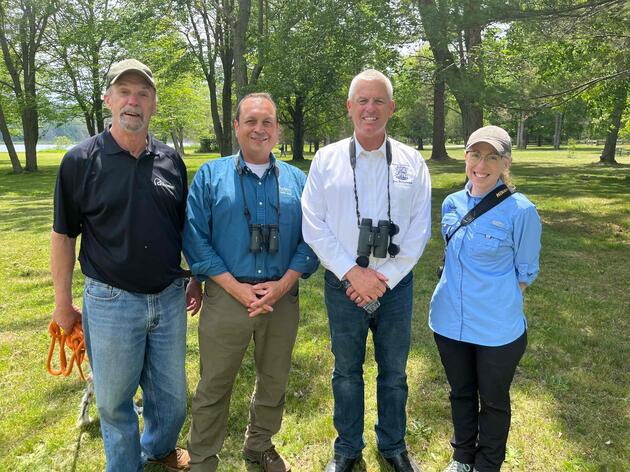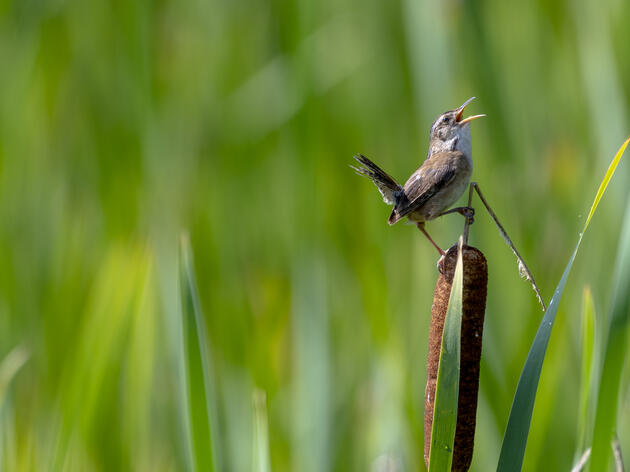Protecting Birds in the Eastern Lake Michigan Region
Communities throughout the Eastern Lake Michigan region have lost up to 90 percent of their historic wetlands, important natural areas that birds and other wildlife rely on to thrive. Despite massive wetlands loss, the fragmented wetlands and marshes that remain continue to provide critically important habitat for many species of conservation concern including neotropical migrants like the Cerulean Warbler and Prothonotary Warbler and vulnerable marsh birds like the Marsh Wren and Virginia Rail.
Audubon Great Lakes is working with partners across the region to restore wetland habitat and to asses the overall restoration potential within the region for the benefit of birds and local communities, which will inform our future work.
Working in the Areas Where Birds Need Us Most
Explore Audubon’s Vision: Restoring the Great Lakes for Birds and People to see Audubon's plans to address the biggest threats facing birds and people.
Our Restoration Work
Since 2018, Audubon Great Lakes has directly restored 2,000 acres of wetlands across the region, and has helped guide partners in the restoration of an additional 8,000 acres.
In 2021, Audubon Great Lakes worked with Ottawa County Parks and over 20 stakeholders to develop conservation recommendations for the nearby Grand River Coastal Corridor, which stretches across Grand Haven, Muskegon and Port Sheldon Township.
The region’s meandering wetlands offer unique opportunities to connect these wildlife habitats to increase the ability of birds and other wildlife to move and access the resources they need. Future restoration efforts could include the structural restoration of riverbanks, water level and stormwater management, and hemi-marsh restoration to benefit birds who use the important habitat as a refuge. This work will also help improve water quality and increase climate resiliency for local communities that have suffered from flooding in recent years.
History of the Region
Historically, the Eastern Lake Michigan region was home to a rich network of wetlands that supported an abundance of wildlife. As Michigan was colonized in the 18th and 19th centuries, more than half of these wetlands were lost, and the plants and animals that called them home are now among the state’s most threatened species. Today, communities are facing the loss of up to 90 percent of their historic wetlands.
The wetlands that remain are critically important, helping to support hundreds of migratory bird species each year. Michigan’s coastal areas serve as important migratory stopover sites where birds congregate to rest and refuel as they journey to and from their wintering grounds. The Lake Michigan shoreline is recognized as a globally significant Audubon Important Bird Area (IBA), for the habitat it provides to migratory waterbirds.
The region’s wetlands are also important to the community. Wetlands serve as natural water purifiers that absorb pollutants to keep the water in inland lakes and streams clean. By storing water, wetlands also operate as natural flood control to protect local communities from flooding and drought and help buffer communities from a changing climate.
Project Partners & Supporters
Audubon Great Lakes is grateful to project partners and supporters who make our work possible.
Project Partners:
Supporters:
Audubon’s work in the Eastern Lake Michigan region is supported by the Wege Foundation and the National Fish and Wildlife Foundation’s Sustain Our Great Lakes Program.
Our Projects in the Eastern Lake Michigan Region
Grand River Coastal Corridor
Report and tool helping to inform conservation within the Grand River Coastal Corridor.

